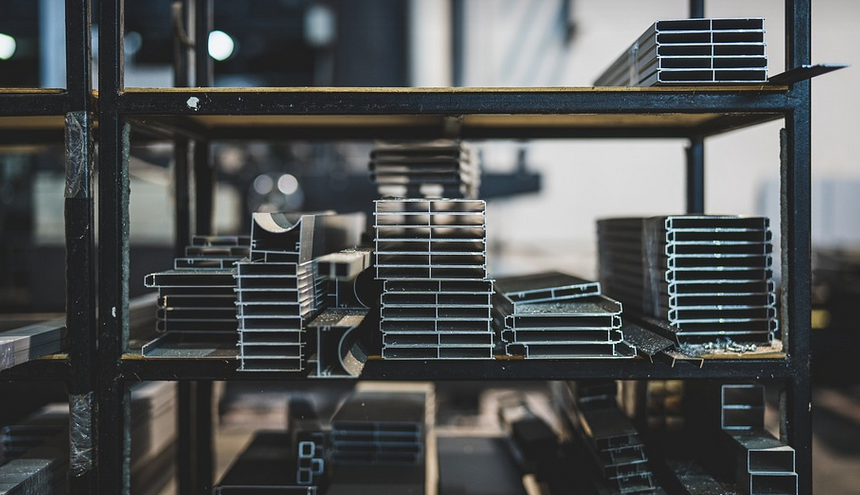
Swollen Gum Around Your Dental Implant: What's Going On?
Understanding the Cause of Swollen Gums
Having a dental implant is an amazing feat of modern dentistry, giving you a healthy and long-lasting solution for missing teeth. But just like any other procedure, there can be some unexpected bumps in the road, especially when it comes to your gums. One common issue that can pop up after getting an implant is swollen gum tissue around the implant.
You might even notice a slight ache or sensitivity while eating or brushing your teeth. This swelling is normal and usually caused by a reaction to the implant procedure. It’s your body’s way of trying to heal and integrate the new structure into your jawbone.
A Closer Look at the Inflammatory Process
Here’s a deeper dive into what’s happening under the surface as you see this swelling:
- **Your immune System:** When your body comes in contact with an implant (even if it’s biocompatible), it starts to kickstart its natural defenses. This involves a process called inflammation, which is our body’s way of fighting off invaders.
- **White Blood Cells:** These white blood cells are the warriors of your immune system that go into action when there’s an injury or infection (like those caused by bacteria in the mouth). Their job is to neutralize threats and destroy infections, which can sometimes cause a mild swelling around the implant.
- **Hormonal Response:** Your body also releases hormones during this process. These hormones play a crucial role in inflammation and healing, but sometimes they can trigger or intensify the swelling as well.
Common Causes of Swollen Gums
So, you’re probably wondering why your gums swell after getting an implant?
- **Tissue Trauma:** The first step in getting a dental implant is to create a small pocket for the implant in the jawbone. This requires some gentle drilling and sometimes even bone reshaping, which can irritate the surrounding tissues.
- **Bacterial Infection:** Even though implants are biocompatible, they are not immune to microorganisms. As your body heals, it might encounter tiny bacteria that cause inflammation.
- **Improper Post-Procedure Care: ** Skipping oral hygiene after the implant procedure or using unsterilized tools can increase the risk of bacterial infection and subsequent swelling.
When to Seek Professional Help
Knowing what causes swollen gums around your implant is important, but it’s also crucial to know when you need to see a dentist.
- **Persistent Swollen Gums:** If the swelling persists for more than a few days after the procedure, don’t hesitate to call your dentist for advice.
- **Pain and Bleeding:** Any intense pain or bleeding associated with the swelling should be addressed by your dentist as soon as possible.
- **Redness and Discomfort:** If you notice redness, warmth, or discomfort in the area of the implant, this could indicate a minor infection that needs professional attention.
Managing Swollen Gums
While some swelling is normal, it’s important to know how to manage it so your gums and implant stay healthy.
- **Gentle Cleaning:** Brushing with a soft-bristled brush can be tough, especially around the implant. Use non-abrasive toothpaste and focus on cleaning gently to avoid irritating the area.
- **Saltwater Rinse:** A saltwater rinse can help soothe inflammation and remove bacteria. Mix 1/4 teaspoon of salt with a glass of warm water and swish it around your mouth for 30-60 seconds before spitting it out. Do this a few times a day as needed.
- **Cold Compress:** Applying a cold compress to the area during the first 24 hours can help reduce inflammation and numb any pain. Wrap a cloth in ice water and put it on your cheek for 10-15 minutes at a time, several times a day.
- **Follow Your Dentist’s Instructions:** Don’t forget to follow the specific instructions given by your dentist after the procedure. They might suggest using certain mouthwashes or medications to address the swelling.
Prevention Is Key
We all know that prevention is better than cure, and it applies to dental implants as well! Here are tips for minimizing the risk of swollen gums around your implant:
* **Regular Dental Checkups:** Visiting your dentist every six months for a check-up and cleaning will help prevent problems from arising.
* **Maintain good oral hygiene:** This includes brushing twice daily with fluoride toothpaste, flossing regularly, and using an antimicrobial mouthwash.
* **Healthy Diet:** Avoid processed foods high in sugar or artificial ingredients. Instead, focus on fruits, vegetables, and whole grains for optimal health
Remember!
Getting a dental implant can be a life-changing experience. It’s important to not get scared of minor swelling after the procedure. This is just your body’s way of healing and integrating with the surrounding tissues.
If you are experiencing any persistent pain or discomfort, it’s best to talk to your dentist as soon as possible. They can offer advice on how to manage the swelling and ensure your oral health remains in good condition!